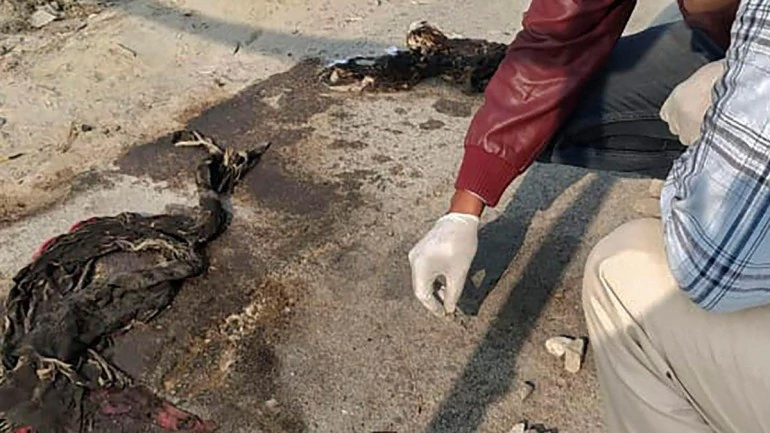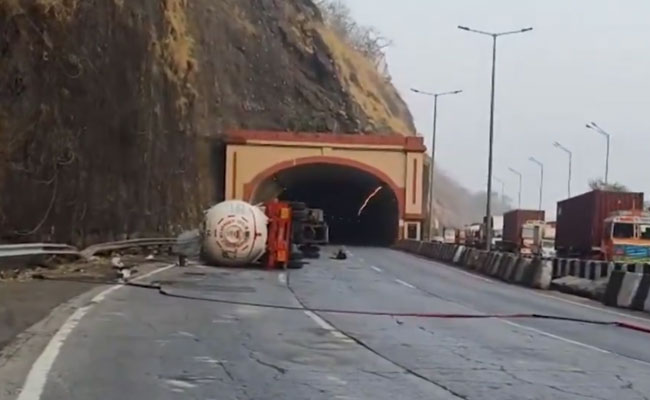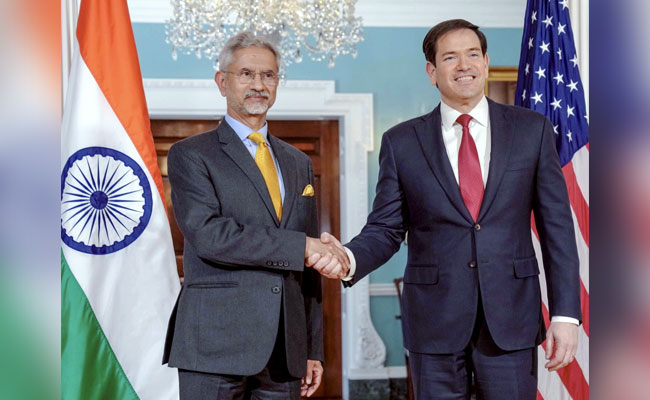New Delhi: The 23-year-old Unnao rape victim who was airlifted to Delhi and admitted to Safdarjung Hospital with 90 per cent burns after being set on fire has died, hospital sources said.
After battling for life for almost 40 hours, the woman died following a cardiac arrest at 11.40 pm on Friday night, they said. "Despite our best efforts, she did not survive," said Dr Shalab Kumar, Head of Burns and Plastic Surgery Department at the hospital.
"Her condition deteriorated towards the evening. She had a cardiac arrest around 11:10 pm. We tried to resuscitate her, but she passed away around 11:40 pm," he said.
After her death, the victim's body was transferred to the hospital's forensic department where a post mortem examination will be conducted, following which her body will be handed over to her family. The post mortem reports will be given to the police, hospital sources said.
The woman was set afire by five men, including two of her alleged rapists, on Thursday morning when she was going to Rae Bareli to attend a court hearing in the rape case filed by her.
She died on the day the four accused in the gang rape and murder case of a veterinary doctor in Hyderabad were killed in an 'encounter' with the Telangana police, triggering a tsunami of reactions across the spectrum -- ranging from appreciation to condemnation.
The Unnao rape victim had suffered more than 90 per cent burns and was airlifted to Delhi after being shifted from a local hospital to Lucknow.
The Delhi Traffic Police had provided a "green corridor" for hindrance-free movement of the ambulance carrying her from the airport to the hospital.
Earlier on Friday, Dr Kumar had described her condition as "extremely critical". She was put on ventilator and her vitals were very low, he had said.
One of the two men accused of raping her last year was granted bail 10 days back. The other man had been on the run. All the five men involved in the Thursday morning attack were arrested within hours of the crime.
In a tweet, the Uttar Pradesh police had said the victim had lodged an FIR alleging that she had been raped between January 19 and December 12, 2018, by one of the accused on the pretext that he would marry her.
The accused was arrested then and got out on bail on November 25, police said. They had added that the probe into the incident is being conducted in a scientific manner and the circumstantial evidence being collected.
In a chilling recap, the woman had said in her statement to Sub Divisional Magistrate Dayashankar Pathak that she was attacked when she reached Gaura turn near her home.
Harishankar Trivedi, Ram Kishore Trivedi, Umesh Bajpai, Shivam Trivedi and Shubham Trivedi set her afire, she had said.
She alleged that Shivam and Shubham Trivedi had abducted and raped her in December 2018. The FIR, however, was registered in March.
The sight of the woman running for help down an Unnao road sent shivers down the spines of local people. Ravindra, a local resident sitting by the roadside, said he called the police and the woman herself talked to them on phone.
Unnao has been in the spotlight after another young woman had accused former BJP MLA Kuldeep Sengar of raping her in 2017, when she was 17 years old.
Let the Truth be known. If you read VB and like VB, please be a VB Supporter and Help us deliver the Truth to one and all.
Jaipur (PTI): The Enforcement Directorate has arrested former Rajasthan MLA Baljit Yadav on money laundering charges linked to an alleged funds embezzlement case, official sources said on Wednesday.
The former independent legislator from the Behror assembly seat was taken into custody under the Prevention of Money Laundering Act (PMLA) on Tuesday, they said.
The case is related to alleged embezzlement of MLA funds in the guise of supply of sports equipment to schools, according to ED officials.
The federal agency had conducted searches against Yadav in January last year.




